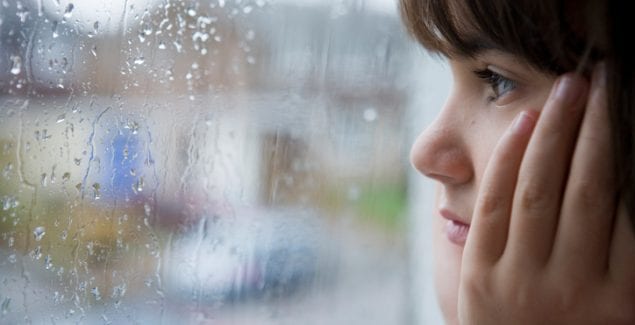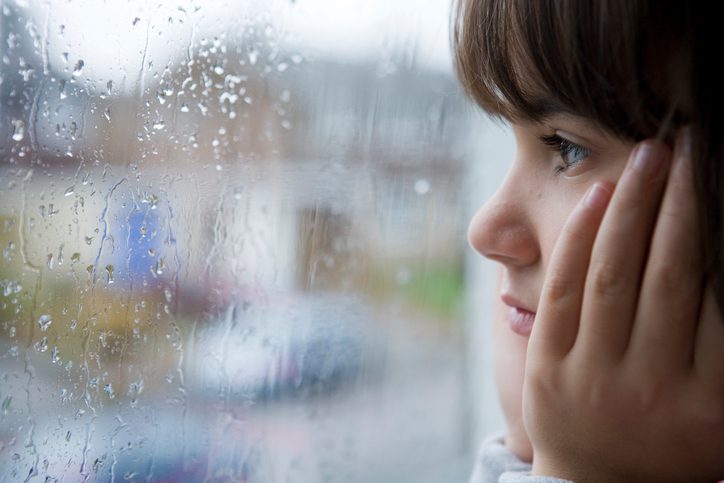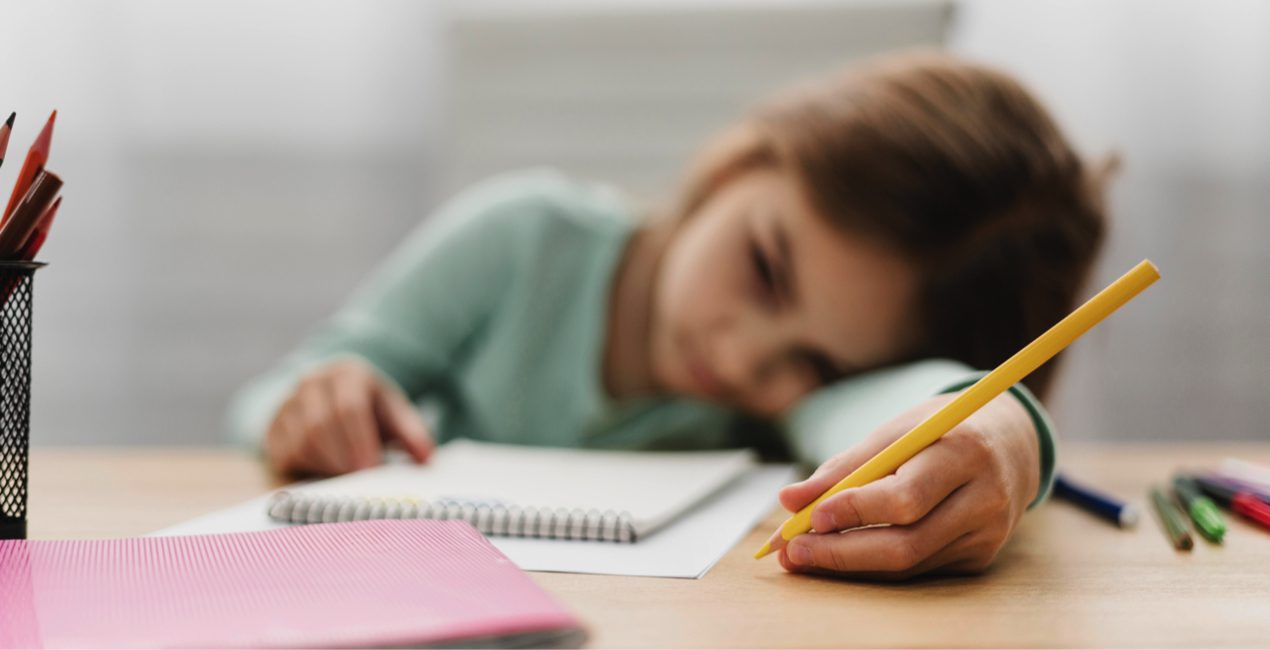Tips for Helping Children Cope with Hurricanes, Storms, and Their Aftermath

Posted in: Parenting Concerns
Topics: Hot Topics
The frequency and intensity of hurricanes and other natural disasters have increased in recent years. When it comes to scary events, such as terror acts or natural disasters, our mission at the MGH Clay Center has always been to help parents appreciate the impact of kids seeing images on the screen and hearing about events that are potentially traumatic. Fears of random destructive natural forces may reinforce the notion that the world is an unsafe place and instill concerns of loss and helplessness.
Julie Kaplow, PhD, Director of the Trauma and Grief Center at Texas Children’s Hospital, provides a thoughtful guide for parents in helping children feel secure in the face of hurricanes and other storms. We appreciate being able to share her guidance as a trusted resource through the Clay Center.
Este artículo está disponible en español.

Preparation
Hurricanes and many other storms are generally predictable, which allows more time to prepare. This period of time can be stressful for kids as they watch their caregivers (often frantically) stock up on food, water, batteries, etc. The anxiety caregivers often experience during this time can be contagious, so it is helpful for them to monitor their own coping strategies when attempting to help their children. Children will frequently turn to the adults in their lives for information, and younger children in particular may have questions about what is happening around them. Children do best when caregivers appear calm and are able to answer their questions in a simple and honest way. The most important message caregivers can convey is that they will be there to protect their children and keep them safe.
Children’s reactions during and following the storm
Children will have a wide variety of reactions to a hurricane and its aftermath based on their age, developmental stage and any experience they may have had with storms in the past, in addition to any secondary adversities they may face in the aftermath (e.g., damage to home, loss of belongings, etc.). Typical reactions may include:
- Concerns and worries about the safety of others, including caregivers, siblings, pets
- Clinging behavior/fear of separation
- Increased activity level
- Difficulty concentrating
- Angry outbursts, irritability or aggression
- Physical complaints, such as headaches or stomach pain
- Changes in school performance
- Preoccupation with storms or hurricanes (talking about it a lot or playing it out with toys)
- Increased sensitivity/fear surrounding thunder, wind, rain, etc.
- Changes in sleep patterns or behavior (including wanting to sleep with caregivers)
- Changes in appetite
- Lack of interest in activities they used to enjoy
- Teenagers may demonstrate some of the behaviors listed above. They may also engage in more risk-taking behaviors as a means of coping including drinking alcohol, using substances or engaging in dangerous activities.
How caregivers can meet their children’s needs
Children will have many questions during and after a hurricane or other damaging storm and will often repeat questions even if they’ve already been answered. Although this can feel frustrating to caregivers, it can help to remember this is their way of attempting to make sense of a scary and unpredictable situation. On the other hand, some children or adolescents may not want to talk about the events and may prefer to distract themselves.
One way of alleviating children’s anxiety is to make it clear that caregivers are open to answering any questions they may have, and even if they don’t have an immediate answer, they will do their best to give them as much information as possible. It is often best to allow children to take the lead in having these discussions. Often they can only absorb small pieces of information at a time and may feel overwhelmed if provided with too much information at once. For example, a caregiver might say, “I know things may seem confusing or upsetting right now. What questions do you have for me that I might be able to answer?” Here are some additional tips for caregivers to help facilitate children’s adjustment after a storm or hurricane:
- Although easier said than done, try to remain calm. Children are extremely tuned into caregivers’ own reactions during stressful times, and they will often model their own behavior/coping based on what they observe.
- Try to monitor conversations you are having with other adults regarding the storms, flooding, damage, etc. Children are often listening in and can misinterpret what they hear, leading to further anxiety/concerns.
- Limit and/or supervise media exposure as much as possible. Often the media show disturbing images and descriptions of hurricanes and their damage, which can again increase children’s anxiety.
- Reassure children that they will be safe and protected. This may need to be repeated frequently even after the storms pass, particularly in the case of secondary adversities (e.g., flooding).
- Keep it simple. When answering questions about the hurricane and/or its aftermath it’s best to provide straightforward, factual information and let your child/teen ask any follow-up questions they may have.
- As difficult as this may be, try to stick to regular routines as much as possible (e.g., eating dinner at the same time, same bed time routine, etc.). This can help to provide children with a sense of order, predictability and control during a time that may feel out of control. Children feel more secure with structure and familiar routine.
- Help to keep comforting objects in close proximity (e.g., a stuffed animal or blanket).
- If you do lose power, it can help children to talk about community recovery and reassure them that people are working hard to restore the electricity, phones, water, etc.
- You may need to provide some extra support at bedtime, as this is most often the time when younger children will express fear/anxiety. Reading stories they enjoy and spending extra time cuddling can help.
- Hurricanes/storms may have disrupt daily activities, and a loss of power may cause boredom. You can help kids by coming up with alternative activities such as board games, card games, arts and crafts, etc. Here is a list of activities that don’t require any supplies.
- Remain optimistic. Even in the most stressful and difficult situation, your hopeful outlook will go a long way toward helping your children feel confident and secure that things will be OK.
- Take care of yourself. As a parent or caregiver, you are a key part of helping your child to cope in adaptive ways. Getting the support you need and making sure you are staying healthy will help ensure you are ready and able to help your child.
A version of this blog originally appeared on, and was written by the author (Julie Kaplow, PhD) for, the Texas Children’s Hospital Texas Children’s Blog.

 Share
Share Tweet
Tweet




